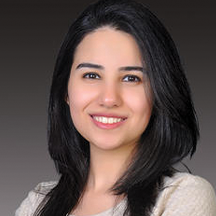Oil price shocks, protest and the shadow economy
Can negative oil price shocks raise the risk of internal conflict in oil-dependent economies? Not really: as this column reports, evidence from 144 countries over the period 1991-2015 indicates that the destructive effects are mitigated when informal activities are a bigger part of the whole economy. The results imply the helpful role of the shadow economy in keeping political systems stable under rising economic pressures.


